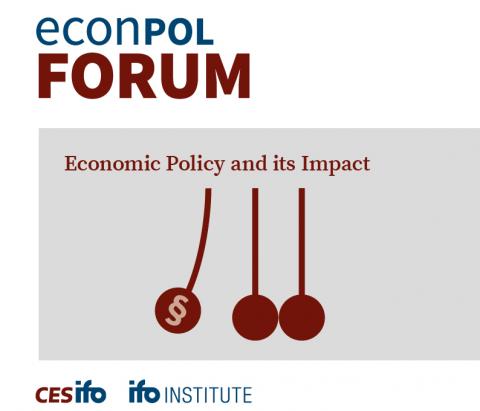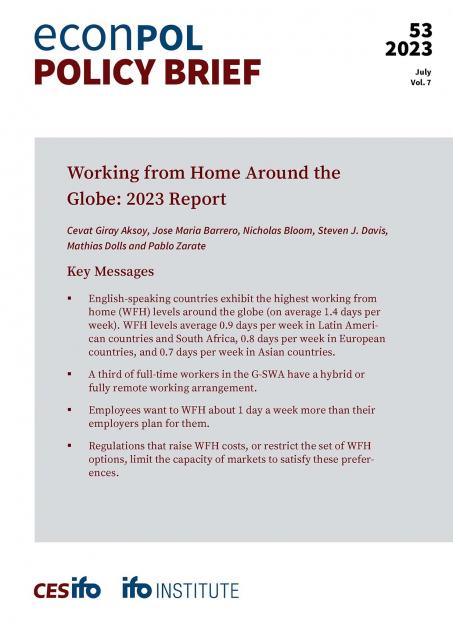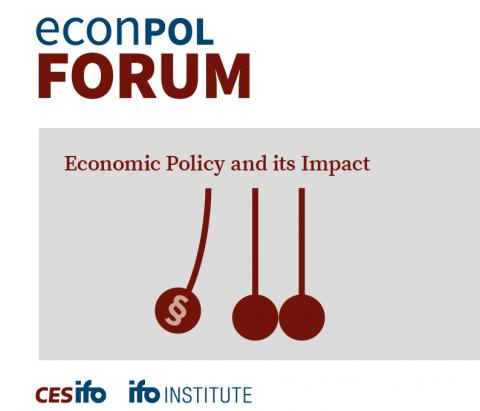
Innovation, Digitization & Structural Change
Traditionally, technological change is always well ahead of social change—and both are typically far ahead of governmental regulatory action to manage such change. Think of online privacy laws, for instance. This section of EconPol aims to help policymakers and other decision-makers keep abreast of this most rapidly changing field, with artificial intelligence, extreme automation, and big data all poised to have major effects on economic growth and the society at large. The need for upskilling and reskilling of the workforce is a major topic as well.




